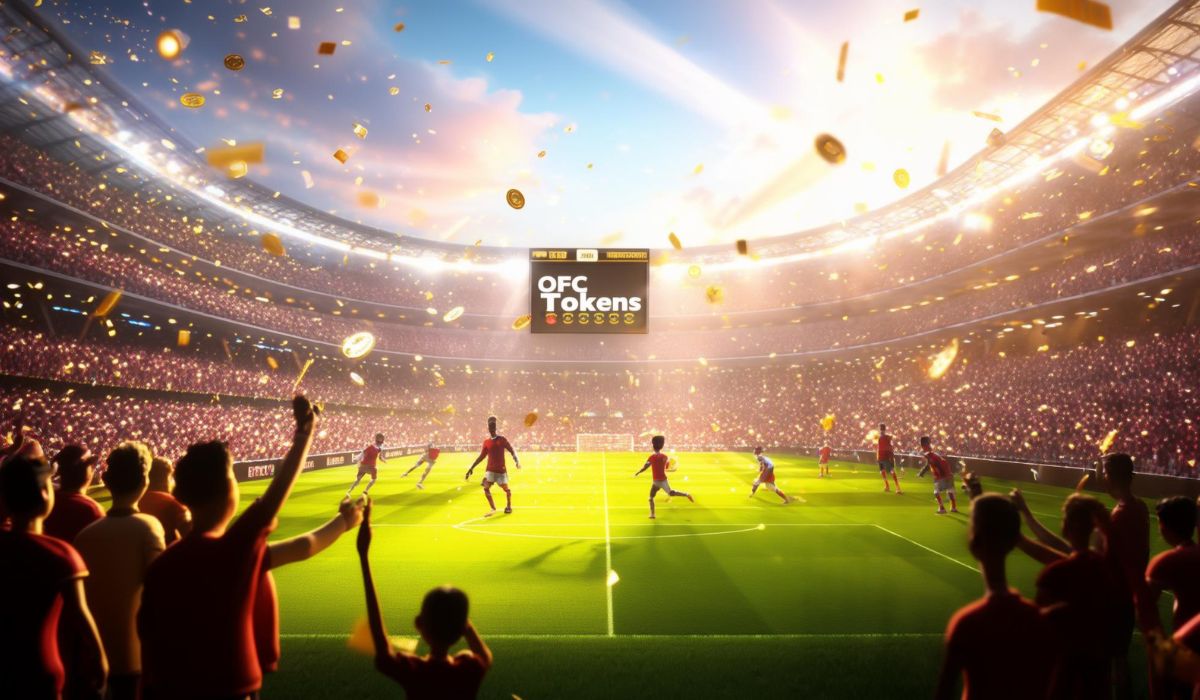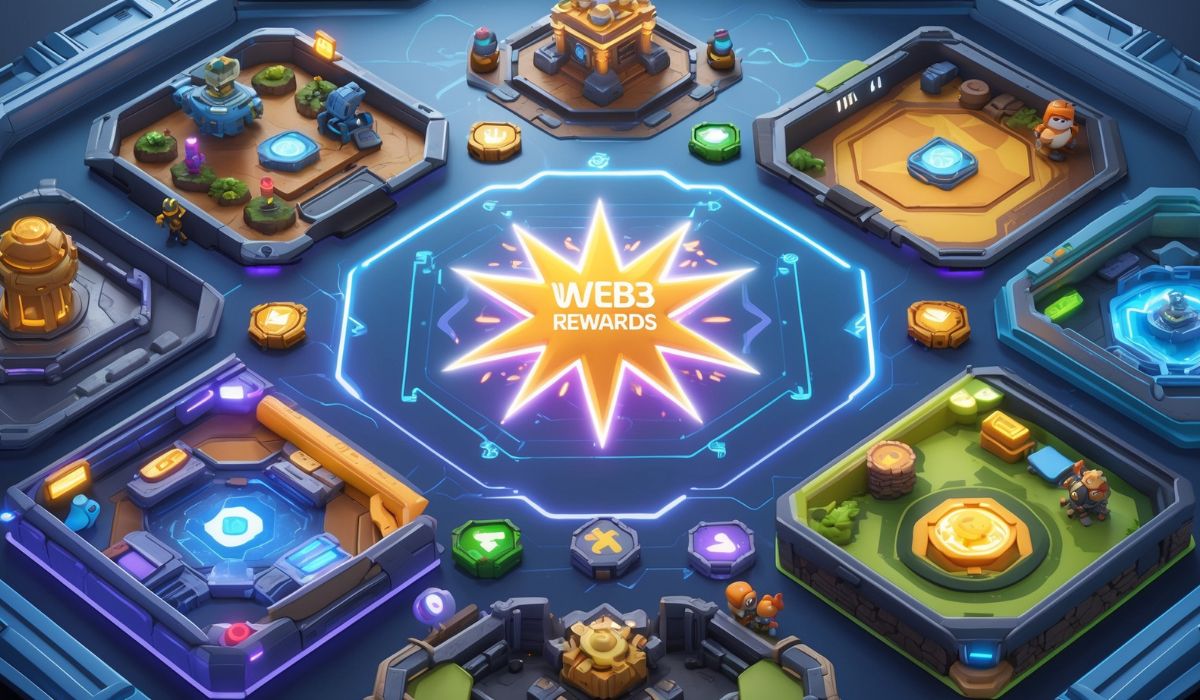Eternals Pew Pew Open Beta Cycle 3 Marks a Major Shift in Skill-Based Web3 Gaming

Web3 gaming has changed dramatically over the past few years. Early play-to-earn games often relied on fast rewards and high token emissions, attracting players who cared more about short-term earning than long-term gameplay. That model burned out quickly, leaving many games with unstable economies and shrinking communities.
Eternals Pew Pew’s Open Beta Cycle 3 takes a very different path. Instead of trying to attract players through large token payouts, the game focuses on fair competition, meaningful progress, and a reward system built around actual skill. This shift reflects a larger transformation happening across the Web3 space, as developers work to create gaming experiences that feel engaging, balanced, and sustainable for years not just weeks.
Cycle 3 is not simply a seasonal refresh. It represents an attempt to build a model that rewards players who truly enjoy the game, rather than those who only show up for earnings. The changes show a commitment to refining the economy, strengthening competitive gameplay, and giving players a clearer sense of what they can earn and how.
🚨 CYCLE 3 IS NOW LIVE 🚨
😼 Cycle 3 marks the final chapter of the Open Beta Leaderboard, aka, your last chance to crack the Top 50 and qualify for the seasonal prize pool.
So grab your Pew Pew and get ready to rumble!Cycle 3 Duration:
🔥 Starts: 6:00 AM (UTC), 18 NOV 2025… pic.twitter.com/R5e9lVXAJQ— Eternals (@Eternals_World) November 18, 2025
A System That Rewards Skill Instead of Constant Farming
The biggest difference in Cycle 3 is how rewards are earned. Instead of handing out tokens based mainly on time played, the game links earnings to performance. Players who put in effort, learn the mechanics, and rise in the rankings earn more than those who simply log in.
This approach addresses a long-standing issue in Web3 gaming, where rewards often went to bots, multi-account setups, or players grinding without real engagement. By rewarding performance, Eternals Pew Pew encourages genuine participation. The format feels closer to competitive mobile games and esports, where progress depends on improvement rather than repetitive tasks.
The developers have also taken steps to control the pace at which new tokens enter circulation. Earlier Web3 games struggled because their economies inflated too quickly, but Cycle 3 introduces a structure where token distribution stays consistent with the health of the player base. This makes earnings more stable and gives players a clearer sense of long-term value.
Short competitive cycles add another important layer. With each cycle lasting a set period, the team can regularly adjust difficulty levels, reward totals, and balancing decisions. This keeps the game fresh and gives players repeated opportunities to compete on equal footing.
What’s New in Cycle 3
Cycle 3 brings a more organized competitive system that rewards consistency. Instead of leaving players to guess how much they can earn, the update makes earnings easier to understand by clearly separating reward tiers and outlining how each level works.
The update also builds on lessons learned from previous cycles. The reward pool is structured to minimize inflation, and the ranking experience has been refined to reduce matches that feel unfair or unbalanced. The developers appear committed to monitoring the economy closely, reacting to player feedback, and shaping rewards in a way that maintains value.
For many players, this creates a more dependable experience. Instead of worrying about sudden changes in token output or unpredictable fluctuations, they can focus on improving their gameplay and climbing the ranks.
Why This Matters for the Future of Web3 Games
What makes Cycle 3 important is the broader message it sends. The Web3 gaming industry is moving away from systems built around constant earning and toward models that value fun, competition, and long-term economic stability.
Eternals Pew Pew embodies several key trends shaping this shift. The game puts traditional gameplay first, with the earning system supporting—not replacing—the experience. The design feels closer to a competitive mobile game than a speculative financial product. This is the direction many successful Web3 projects are taking: build a strong game, then use Web3 to enhance it.
As the game grows, features such as community-driven events, social rankings, and deeper competitive modes may further strengthen its identity. Games that succeed in the next phase of Web3 will likely be those that cultivate strong communities and provide reasons for players to return again and again.
How Cycle 3 Differs From Traditional Play-to-Earn Games
| Feature
|
Traditional P2E
|
Eternals Pew Pew Cycle 3
|
|---|---|---|
| Reward Structure | Based on time played | Based on performance |
| Token Supply | Often inflationary | Monitored and controlled |
| Engagement Loop | Earn first, play second | Play first, earn through skill |
| Player Motivation | Mostly financial | Competitive and skill-focused |
Eternals Pew Pew’s Open Beta Cycle 3 shows how far the Web3 gaming model has come. By prioritizing fair competition, skill-based rewards, and a sustainable economy, the game is helping define what the next generation of play-and-earn experiences should look like. If this approach continues, Eternals Pew Pew may become a leading example of how to build a Web3 game that people enjoy not just for rewards, but for the gameplay itself.






















